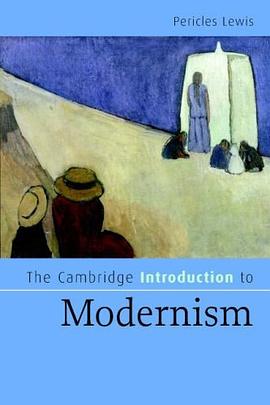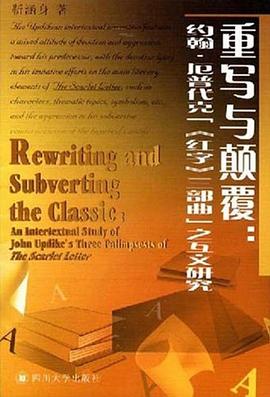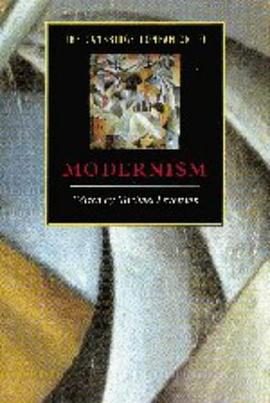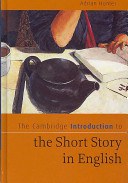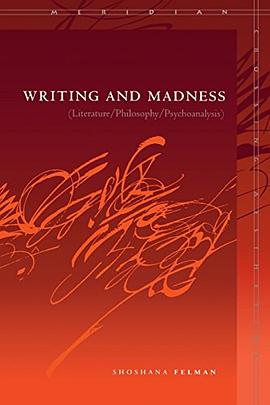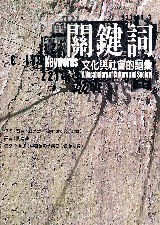

具體描述
作者是二次世界大戰後英語世界最重要的馬剋思主義文化批評傢。書中所收錄的語詞彼此相關,作者除瞭追溯這些語詞意義的流變,也釐清這些流變背後的文化政治。這些語詞不僅引領我們瞭解英國文化與社會,也幫助我們瞭解當代文化與社會。本書是歷史語意學、語言社會學及文化研究的重要著作。(李有成)
著者簡介
圖書目錄
Alienation (異化、疏離)
Anarchism (混亂、無政府主義)
Anthropology (人類學)
Art (藝術、技藝)
B Behaviour (行為、舉止)
Bourgeois (資產者、資產階級份子)
Bureaucracy (科層製、官僚製)
C Capitalism (資本主義)
Career (職業、生涯、歷程)
Charity (愛、慈愛、慈善)
City (城市)
Civilization (文明)
Class (階級、等級、種類)
Collective (集體、集團的)
Commercialism (商業、貿易)
Common (普通、公眾的、粗鄙的)
Communication (傳播)
Communism (共產主義)
Community (社區、竈群、共同體)
Consensus (共識)
Consumer (消費者)
Conventional (慣例的、傳統的、協定的)
Country (國傢、鄉村)
Creative (創造性的)
Criticism (批評)
Culture (文化)
D Democracy (民主)
Determine (決定、決心)
Development (發展)
Dialect (方言)
Dialectic (辯證法、辯證的)
Doctrinaire (空論傢、空論的)
Dramatic (戲劇的、引人注目的)
E Ecology (生態學)
Educated (受過教育的、有教養的)
Elite (精英份子)
Empirical (經驗的)
Equality (平等)
Ethnic (種族的)
Evolution (發展、演化)
Existential (存在的、存在主義的)
Experience (經驗)
Expert (專傢、熟練的)
Exploitation (開發、利用、剝削)
F Family (傢庭)
Fiction (小說、虛構)
Folk (人們、百姓、民族)
Formalist (形式主義者)
G Generation (世代)
Genetic (起源的、遺傳學的)
Genius (天纔)
H Hegemony (霸權)
History (歷史)
Humanity (人性、人道、慈愛、人類)
I Idealism (觀念論、唯心論、理想主義)
Ideology (意識型態)
Image (意象)
Imperialism (帝國主義)
Improve (改善、充分利用)
Individual (個人、個體)
Industry (勤勉、實業、工業)
Institution (製度、機製、機構)
Intellectual (有知識的、知識份子)
Interest (興趣、利害、關懷、利息)
Isms (主義、論)
J Jargon (行話、隱語)
L Labour (勞動、勞工)
Liberal (自由的、變革的)
Liberation (解放)
Literature (文學)
M Man (人類、男人)
Management (資方、管理、技巧)
Masses (民眾、大眾)
Materialism (唯物主義、唯物論)
Mechanical (機械的)
Media (媒介、媒體)
Mediation (調解)
Medieval (中古的、守舊的)
Modern (現代、現代的)
Monopoly (專賣、壟斷)
Myth (神話)
N Nationalist (民族主義)
Native (本土的、原住民的)
Naturalism (自然主義)
Nature (自然、天性)
O Ordinary ([官員等]常任的、普通、平常)
Organic (器官的、有機體的)
Originality (獨創性、創造力)
P Peasant (農夫)
Personality (人格、性格)
Philosophy (哲學、人生觀)
Popular (民眾的、通俗的、受歡迎的)
Positivist (實證主義者)
Pragmatic (實用的)
Private (個人、私人、非公開的)
Progressive (進步主義的)
Psychological (心理的、心理學的)
R Racial (人種的、種族的)
Radical (根本的、基進的)
Rational (理性的、有理性的)
Reactionary (保守的、反動的)
Realism (實在論、唯實論、寫實主義)
Reform (改革、重新形成)
Regional (地區的、區域的)
Representative (象徵、再現)
Revolution (革命、大變革、天體運行)
Romantic (浪漫主義的、浪漫派的)
S Science (科學)
Sensibility (感覺力、感受性、識別力)
Sex (性、性別、性行為)
Socialist (社會主義者、社會主義的)
Society (社會、協會、社交)
Sociology (社會學)
Standards (標準、規範)
Status (身份、地位、狀態)
Subjective (主觀的、主體的)
T Taste (味道、品味)
Technology (工藝、技術)
Theory (理論、學理、原理)
Tradition (傳統、常規)
U Unconscious (無意識、未知覺的)
Underprivileged (所享的利益較少的、社會地位低下的、下層社會的)
Unemployment (失業、失業狀態)
Utilitarian (功利主義、以實用為目的)
V Violence (暴力)
W Wealth (財富、資源、大量)
Welfare (福利、幸福)
Western (西方的)
Work (工作、事、勞動、產品、作用)
· · · · · · (收起)
讀後感
(原载《读书》1995年2期) “没有共同语言”是我们生活中的日常事实。只是这一现象过去经常发生在两代人之间,而今更经常地发生在同代人之间,发生在一个极短的时段内。有时是因为出现了新的语汇,有时则因为同样的语汇有了完全不同的意义。媒体与信息空前发达,“交往”与“...
評分此书刚出版时对照英文粗粗读过一遍,错误之多真实令人意外,当时随手做了一些记录,后来觉得还是读书要紧便不了了之。最近整理电脑文档,发现了当时的记录,在这里摘取第一个词条“Aesthetic(美的、审美的、美学的)”中几个典型错误,供大家讨论。 译文:尽管它具有希腊文的...
評分 評分(原载《读书》1995年2期) “没有共同语言”是我们生活中的日常事实。只是这一现象过去经常发生在两代人之间,而今更经常地发生在同代人之间,发生在一个极短的时段内。有时是因为出现了新的语汇,有时则因为同样的语汇有了完全不同的意义。媒体与信息空前发达,“交往”与“...
評分此书刚出版时对照英文粗粗读过一遍,错误之多真实令人意外,当时随手做了一些记录,后来觉得还是读书要紧便不了了之。最近整理电脑文档,发现了当时的记录,在这里摘取第一个词条“Aesthetic(美的、审美的、美学的)”中几个典型错误,供大家讨论。 译文:尽管它具有希腊文的...
用戶評價
詞語的政治學
评分詞語的政治學
评分詞語的政治學
评分詞語的政治學
评分詞語的政治學
相關圖書
本站所有內容均為互聯網搜索引擎提供的公開搜索信息,本站不存儲任何數據與內容,任何內容與數據均與本站無關,如有需要請聯繫相關搜索引擎包括但不限於百度,google,bing,sogou 等
© 2025 book.quotespace.org All Rights Reserved. 小美書屋 版权所有




